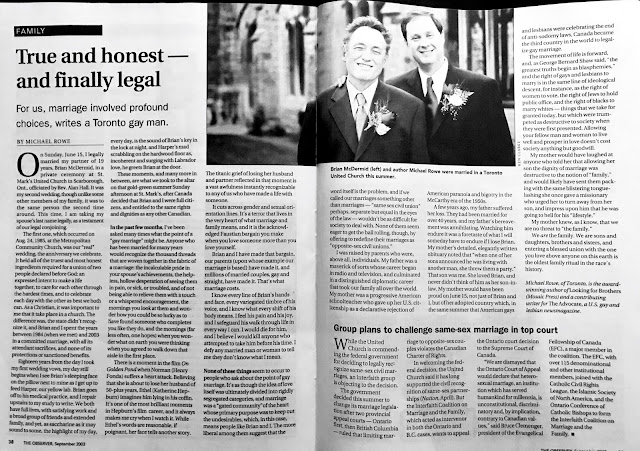Wednesday, June 23, 2021
Sangria nights
Monday, June 21, 2021
Still burning
Fifty-seven years ago tonight, activists Andrew Goodman, Mickey Schwerner, and James Earl Chaney were murdered by the KKK near Philadelphia, Mississippi, during the Freedom Summer of 1964. I can't help but think these three young men would have wanted us to be further ahead than we are.
Wednesday, June 16, 2021
The wolf painting jumped off the wall. It attacked me without provocation.
I have the oddest feeling that Philippe Mora's Communion (1989) is not a very good film, but I love it anyway, because it makes me nostalgic. It makes me nostalgic for New York in the 80s; for ridiculous "word processors;" for horror writers supporting their families in Manhattan apartments with just their work. Yes, the special effects are hokey. Yes, the actors (starting with Christopher Walken as Whitley Strieber as interpreted by Christopher Walken) all seem to be doing a hammy, slightly ironic Greenwich Village rep theatre read instead of a Hollywood film about alien intercourse. Yes, the screenplay is over-the-top. Yes, the Eric Clapton soundtrack is pretentious. But it all works somehow anyway, and the random moments when it's frightening are actually little slivers of terror embedded in an otherwise merely uneasy tableau about a marriage disintegrating because There's Something Wrong With Dad.™ I was thrilled last night to find that it was finally for sale on iTunes Canada, and I'm going to time-travel backwards with it tonight.
Tuesday, June 15, 2021
True and honest, etc.
From the October 2003 issue of The United Church Observer, a short essay about our legal marriage on June 15th of that year—18 years ago today, in fact.
Monday, June 14, 2021
That moment when you're sixteen again, and reading Stephen King during a blizzard
The sweetest marking of the passage time
Wednesday, June 9, 2021
Why we do it
Tuesday, June 8, 2021
A hate-crime in London, Ontario









